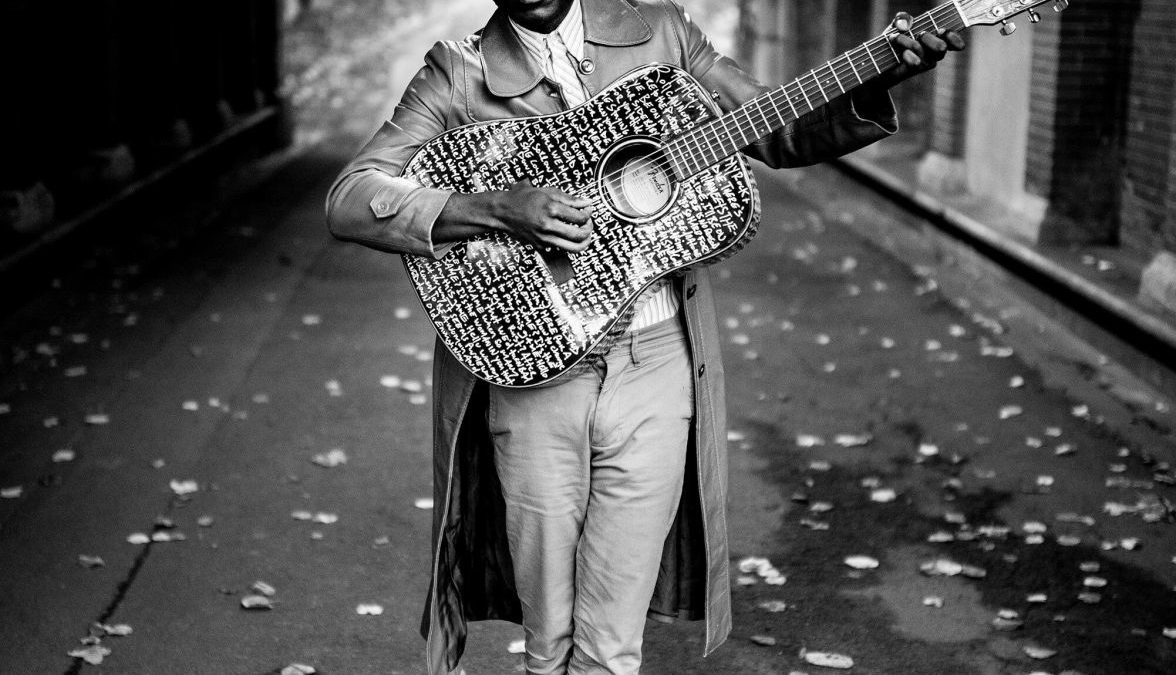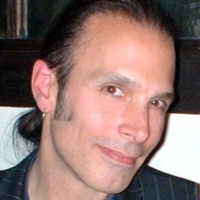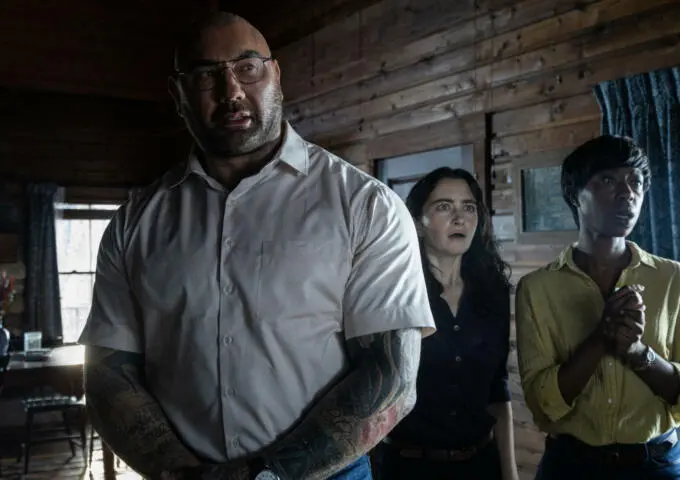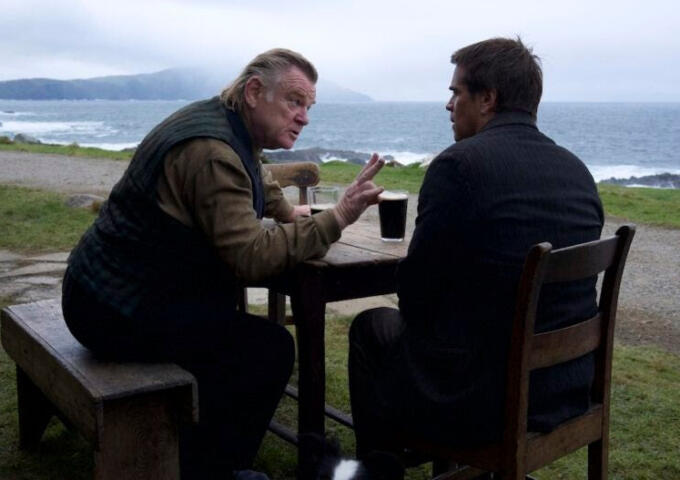It’s good to be J.S. Ondara right now.
The Kenyan-born singer-songwriter just wrapped a successful show at SXSW in Austin, Texas in a victory lap promoting his newly released debut album, Tales of America. His next stop on a nationwide tour is right here in Philadelphia as the headliner at World Cafe Live on March 22.
Flush with a baritone voice and a surprising falsetto flutter, Ondara’s debut is bracing, bold and just the sort-of thing you’d expect from a devout Bob Dylan fan. His lyrics portray both passion and disappointment at his version of the American dream, one he sat down to discuss with Philadelphia Weekly ahead of his stop to our fair city.
Much has been made of your affection for Bob Dylan and all-things American. You’ve made the U.S. an integral part of your lyrics and your whole vibe. But what about more local influences? Were there Kenyan influences – authors, musicians, etc., –that were part of you and your style growing up?
I think that perhaps the people around me – family and all that – were an inspiration. But I think that the reason I was drawn to this other world far away from me was perhaps, as a kid, that it offered me an escape from where I was. This music, the other world that was America and American music, came like, was like a spaceship that took me to a different universe. People looked different, spoke different, sounded different. It was perhaps something that I needed at that time and I became attached to that. I took a spaceship’s journey in my head until I actually wound up there. I just had this fascination with America and the western world form a very young age, and fulfilled my desire.
Were your American fascinations all musical? Did you love American film and television too? Is “Television Girl” on the new album about that?
I watched American films all the time. TV shows too. It was [also] music and culture and news that I got from BBC radio – that’s where I began learning English. The whole package. Music went to the forefront at that time because I had a fascination with stories and melodies.
Were your folks in Nairobi happy that you wanted to leave home and be a musician?
[Laughs] Well, not really, because I didn’t tell them. I told them that I was going to the States for med school. Totally. If I had told them my true intentions hey would not have let me go. They would have thought that I was absolutely insane. So I didn’t. I told them that I was going to become a doctor, and make them all proud. Once I landed in the U.S., and was far enough away from everyone at home, I did what I came to do – then I told them.
What was their reaction to that?
Flabbergasted, really. They were resilient about convincing me otherwise, checking every week, asking me, ‘It’s not working, right? Going back to school now?’ I think they’re still holding out hope that I’ll go to medical school.
You’re still a young man. Considering the words and music of Tales of America, how much of it was started in Kenya? How many notebooks and journals did you pour through there?
Some of the stories were definitely started back home. Missing people back home, equating Kenyan life and time with the new American world – that started later.
You could have come here and decided, ‘nah, this is not for me.’ When did you realize or know that what were you doing… that you got it all right?
Oh man, there’s many levels to that question. In some ways, I am still figuring that out. I don’t know if I found it yet. I’m still thinking that maybe the next record or the one after that will have it. Maybe the next show. I am overly critical of myself. I’m still searching for that. The moment that I decided to pursue this, however – make it a path – for better or worse, was when I discovered folk music, and Dylan. It was a time in my life – me a teenage kid, not knowing what to do – when I found all that. I was told I had to be doctor, but I couldn’t handle blood. Then my parents thought law would work, and I hated that. I was a confused kid who loved music, but there was no way to be a musician at home. Once I realized that, and that I had all these poems with melodies to them, my path became clearer. I could have some-sort of career as a folk singer.
Each of us who loves Dylan has their own Dylan. Who is you Dylan?
It’s not one thing. The writing is amazing, the best we’ll have in our time. He’s a mythical creature, with an adventurous career. So expansive. Couple that with the impact he has had on the culture – so grand. That just puzzled me. I also found a kinship with his romanticism, a poet in New York, a man who makes a gospel album out of nowhere. I do things on a whim.
You sense the romanticism in your music. I also see that, on songs such as “God Bless America” and American Dream,” you’re delighted to be here, but not without reservation. Were you surprised that the U.S. is as bankrupt as it can be, and is?
Absolutely. I was trying to deal with feelings toward that on this record. The American Dream is such a universal idea, we all grapple with. There is some disparity, then, on what it all is, in reality. When you settle into this country and are dealing with the day-to-day challenges of Americans… the push-and-pull of being grateful, yet being conscious of its troubles came through.
There’s a line in one of your songs that goes, “Will you let me in? Or are you at capacity?” I know it’s in reference to immigration. You got in to the U.S. but do you know others abroad that cannot get in? Are you writing from the perspective of struggling immigrants in the news?
Good question. It’s both. It’s all of that. It’s me form back a long time ago and discovering I wanted to pursue this thing, and trying so hard to get here. It’s seeing people that I know and care about making that same journey. The news, and seeing the growing intolerance to immigrants too lingers.
This isn’t a question of one President or Administration. Did you know the America you were coming to was so incendiary?
Not really. I was very puzzled. Barack was president when I got here. Things were different here, and around the world in relation to America. That trust just changed with the new presidency. The turmoil here is puzzling, but ones where you can draw parallels to the problems in places such as Kenya. You’d think that things would all be completely better here, but, they are not always.
TWITTER: @ADAMOROSI





